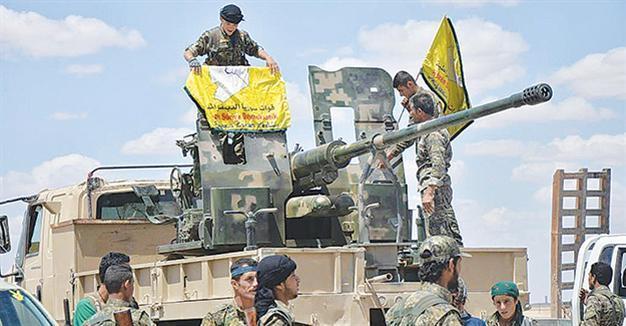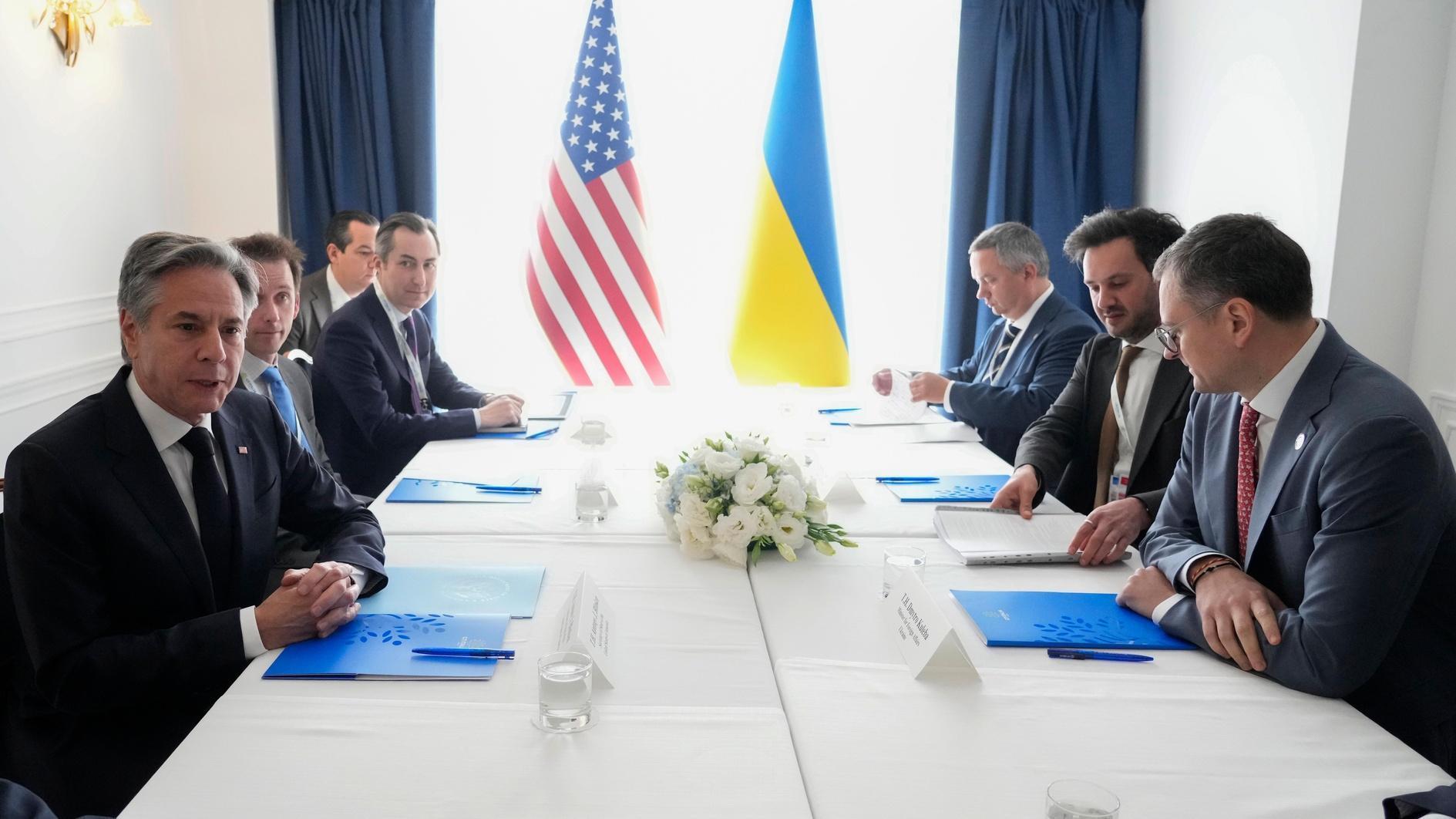Anti-ISIL coalition jets from İncirlik hit Raqqa
Uğur Ergan – ANKARA
 Fighter jets from the anti-Islamic State of Iraq and the Levant (ISIL) coalition led by the United States have taken off from Turkey’s İncirlik Air Base to attack Raqqa as part of a Syria Democratic Force (SDF) offensive on the caliphate’s capital.
Fighter jets from the anti-Islamic State of Iraq and the Levant (ISIL) coalition led by the United States have taken off from Turkey’s İncirlik Air Base to attack Raqqa as part of a Syria Democratic Force (SDF) offensive on the caliphate’s capital.Sources speaking on condition of anonymity said that U.S.-led coalition jets were dropping laser-guided bombs at previously marked ISIL targets to the north of Raqqa after taking off of İncirlik, which is located in the southern province of Adana.
Apart from warplanes, armed and unarmed drones have also joined the attack on Raqqa, which is being spearheaded by the SDF, which consists of the Syrian Kurdish People’s Protection Units (YPG), Syrian Arabs and Syriacs.
Turkey opened its İncirlik base to the U.S.-led anti-ISIL coalition in July 2015 after a bilateral agreement was signed among both parties.
Currently, fighter jets from the U.S., Britain, Germany, Qatar and Saudi Arabia are positioned at İncirlik base.
Sources did not indicate the number of fighter jets that are contributing to the offensive but said many sorties had been made on ISIL targets.
The U.S.’ A-10 Thunderbolt jets, which are known as “tank busters,” hit some armed vehicles and heavy-weaponry in the ISIL ranks, sources said, adding that the coalition would first aim to take back “north Raqqa,” which is the area lying between the city center of Raqqa and Syria’s border with Turkey around 60 kilometers away, from ISIL. After securing the area, coalition-backed SDF forces hope to enter Raqqa’s city center.
Talal Silo, spokesman for the SDF, said their forces were not preparing an assault on Raqqa at present, indicating the limited scope of the new offensive in nearby areas where fighting raged on May 25.
“The current battle is only to liberate the area north of Raqqa. Currently there is no preparation ... to liberate Raqqa, unless as part of a campaign which will come after this campaign has finished,” he said.
Leaflets dropped on Raqqa city by U.S.-led coalition jets in the past weeks had urged residents to flee and given rise to speculation that they were about to attack the city.
Turkish military sources said they believed YPG forces were not fully effective in the current offensive but would attack with all its efforts when an assault is launched on the city center.
Turkey regards the YPG as an offshoot of the outlawed Kurdistan Workers’ Party and has been at odds with the U.S. over the latter’s treatment of the YPG, which is the military wing of the Syrian Kurdish Democratic Union Party (PYD).
The SDF already has two footholds north of Raqqa: the border town of Tal Abyad and the smaller town of Ain Issa between Tal Abyad and Raqqa city.
On May 25, SDF fighters cleared two fields that lie southeast of Ain Issa, according to a statement distributed to journalists.
Silo told reporters the fighting was taking place in “rural areas. There is no street fighting.”
Meanwhile, two Syrian rebel groups, Jaish al-Islam and Failaq al-Rahman, which have been fighting each other near Damascus, have negotiated a cease-fire in Qatar overseen by the High Negotiations Committee chief coordinator Riad Hijab, statements published by the two groups said.
More than 500 people have been killed since April when fighting erupted between the rival groups. Their rift has been exploited by Syrian government forces to capture territory in the Eastern Ghouta area outside Damascus.
“A complete cease-fire agreement was arrived at, overseen by the High Negotiations Committee chief coordinator Dr. Riad Hijab,” a Jaish al-Islam statement released on May 24 said, adding that the talks had taken place in Doha.
On the same day, Russia’s Defense Ministry said it was holding off from striking rebels with the al-Qaeda-affiliated Nusra Front to give other armed groups time to move away from Nusra positions.
The ministry said in a statement it had received requests from multiple armed groups, mainly in Damascus and Aleppo, asking for a pause in air strikes, Reuters reported.
The ministry said taking those requests into account, it had decided to allow more time before it starts air strikes on the al-Nusra positions.
A cease-fire deal reached on Feb. 27 for Syria excluded ISIL and al-Nusra from the area of truce.
















